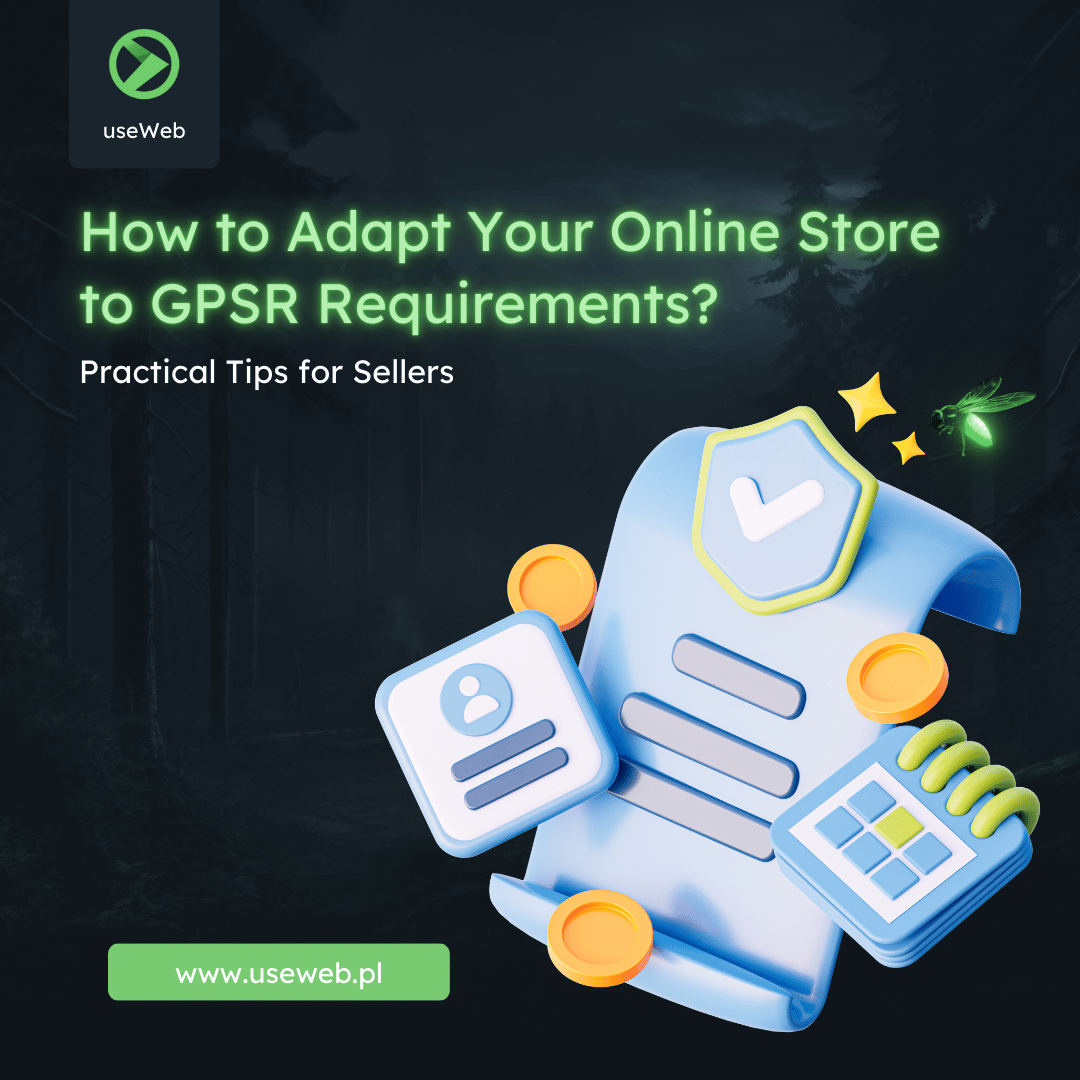Introduction
In the era of digitalization and increasing market competition, web analytics has become a crucial element of effective marketing. It allows for precise measurement of campaign effectiveness, identification of weak points, and real-time strategy optimization. In this article, we will explore the role of analytics in online marketing, methods for measuring campaign effectiveness, and an overview of the most important analytical tools available on the market.
The Role of Analytics in Online Marketing
Tracking and Analyzing User Behavior
Analytics enables tracking how users interact with a website or application. This helps identify which elements of the site attract the most attention and which need improvement.
Optimizing Marketing Campaigns
By analyzing data, you can assess which marketing channels yield the best results and focus on those that generate the highest return on investment (ROI).
Audience Segmentation
Analytics allows for audience segmentation based on various criteria such as demographics, behaviors, or preferences. This enables the creation of more personalized marketing campaigns.
Evaluating the Effectiveness of Actions
Analytics provides key indicators such as conversion rates, average time spent on the site, and bounce rates, which help assess the effectiveness of marketing efforts.
Predicting Future Trends
Historical data analysis allows for predicting future trends and adjusting marketing strategies to changing market conditions.
How to Measure the Effectiveness of Marketing Campaigns
Setting Goals and KPIs
Before starting a campaign, clearly define its goals and key performance indicators (KPIs). These might include the number of conversions, click-through rate (CTR), number of new users, or ROI.
Tracking and Collecting Data
Use analytical tools to track and collect data on user activity, site traffic, purchasing behaviors, and other relevant metrics.
Data Analysis
Analyze the collected data in the context of established goals and KPIs. It is important to identify which actions yield the best results and which need optimization.
Reporting Results
Regularly reporting campaign results allows for continuous monitoring of its effectiveness and taking appropriate corrective actions.
Campaign Optimization
Based on the analysis of results, make changes and optimizations to the campaign to maximize its effectiveness.
Overview of Analytical Tools
Google Analytics
The most popular tool for analyzing website traffic. It enables tracking user behavior, traffic sources, conversions, and many other metrics.
Google Data Studio
A data visualization tool that allows for creating interactive reports and dashboards. It integrates with Google Analytics and other data sources.
Hotjar
A tool for analyzing user behavior on the site using heat maps, user session recordings, and surveys. It helps understand how users interact with the website.
SEMrush
A tool for SEO analysis that allows for tracking keyword positions, analyzing competitors, performing SEO audits, and examining organic traffic.
Ahrefs
Another SEO analysis tool offering features such as backlink analysis, keyword research, competitor analysis, and SEO audits.
HubSpot
A marketing automation platform offering a wide range of analytical tools for tracking email marketing campaigns, managing leads, analyzing site traffic, and reporting results.
Kissmetrics
A tool for analyzing user behavior, allowing for tracking conversion paths, segmenting users, and analyzing retention.
Mixpanel
A tool for analyzing user behavior in mobile apps and websites. It enables tracking user actions, analyzing conversion funnels, and segmenting audiences.
Crazy Egg
A heat map analysis tool that helps understand where users click, how they scroll the page, and which elements attract the most attention.
Piwik PRO
An alternative to Google Analytics, offering full control over data and advanced analytical features such as segment analysis, report personalization, and advanced user tracking.
Practical Examples of Using Analytics in Online Marketing
Email Marketing Campaigns
Using tools like HubSpot or Mailchimp, you can track metrics such as email opens, link clicks, conversions, and unsubscribe rates. Analyzing this data helps optimize email content, segment audiences, and test different campaign variants (A/B testing).
Google Ads Campaigns
Google Analytics and Google Ads offer advanced tools for tracking the effectiveness of advertising campaigns. You can analyze metrics such as CTR, cost per click (CPC), conversion rate, and ROI. This allows for optimizing campaigns, adjusting the budget, and testing different target groups.
SEO and Content Marketing
Tools like SEMrush, Ahrefs, or Moz allow for analyzing the effectiveness of SEO strategies. You can track keyword positions, analyze backlinks, monitor organic traffic, and identify new content marketing opportunities. Analyzing this data helps optimize website content, build linking strategies, and improve search engine rankings.
Analyzing User Behavior
Tools like Hotjar, Crazy Egg, or Mixpanel enable detailed analysis of user behavior on the site. Heat maps, session recordings, and funnel analyses help identify areas where users encounter difficulties and elements that need improvement. This allows for implementing changes that increase conversions and improve user experiences.
Conclusion
Analytics in online marketing is an essential element of effective marketing strategies. With analytical tools, you can precisely measure campaign effectiveness, optimize marketing actions, and make data-driven decisions. Using analytics helps better understand user behaviors, identify weak points, and maximize return on investment. As technology and the market evolve, analytics will play an increasingly important role in shaping the future of online marketing.
Meta Description
The role of analytics in online marketing: how to measure campaign effectiveness, overview of analytical tools, and practical examples.






